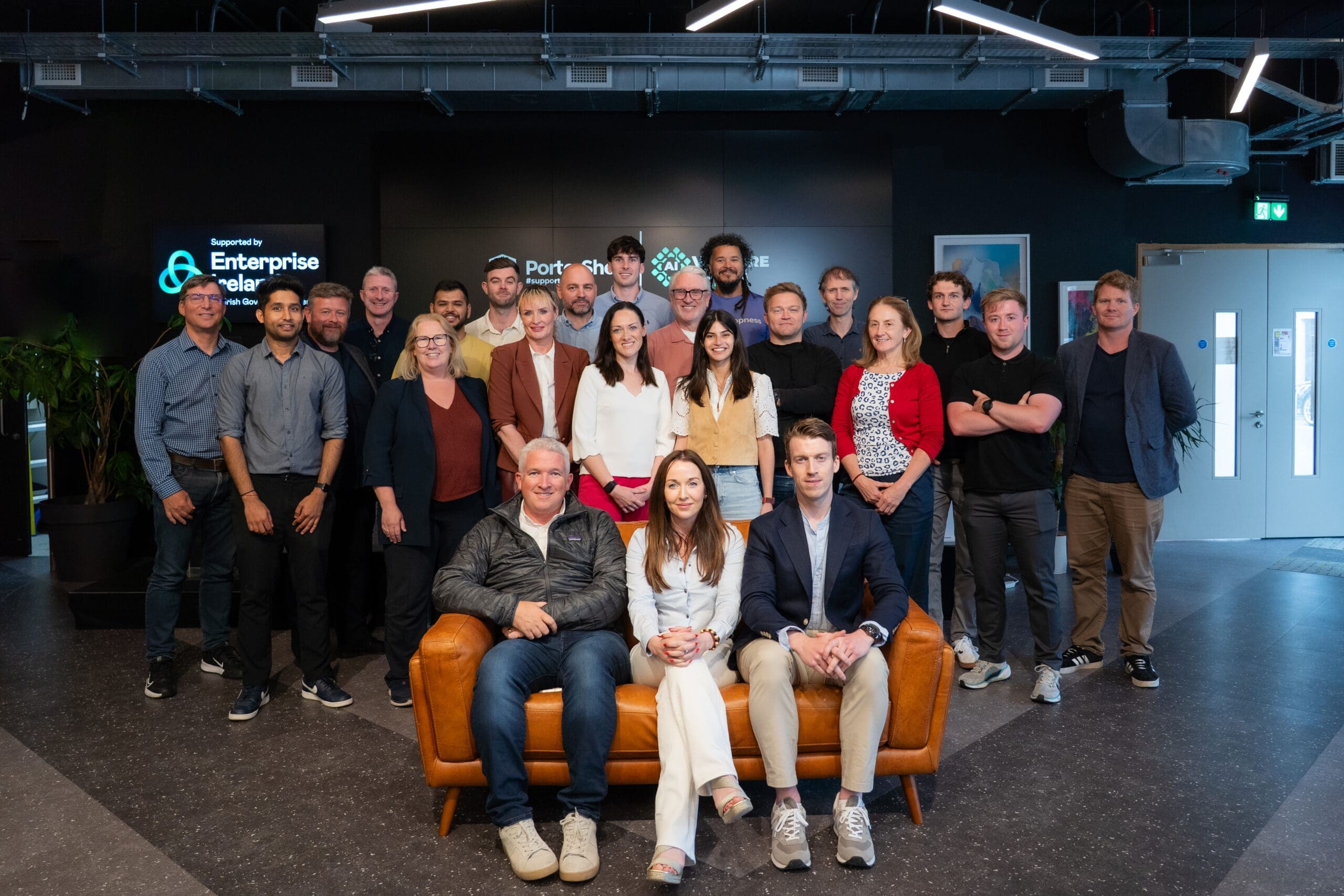
PorterShed’s AI Venture Forge Accelerator Debuts with MIT and ICHEC Partnerships
PorterShed’s AI Venture Forge Accelerator Debuts with MIT and ICHEC Partnerships Driving Growth for Diverse AI Startups Across Ireland Ireland’s AI startup scene received a


